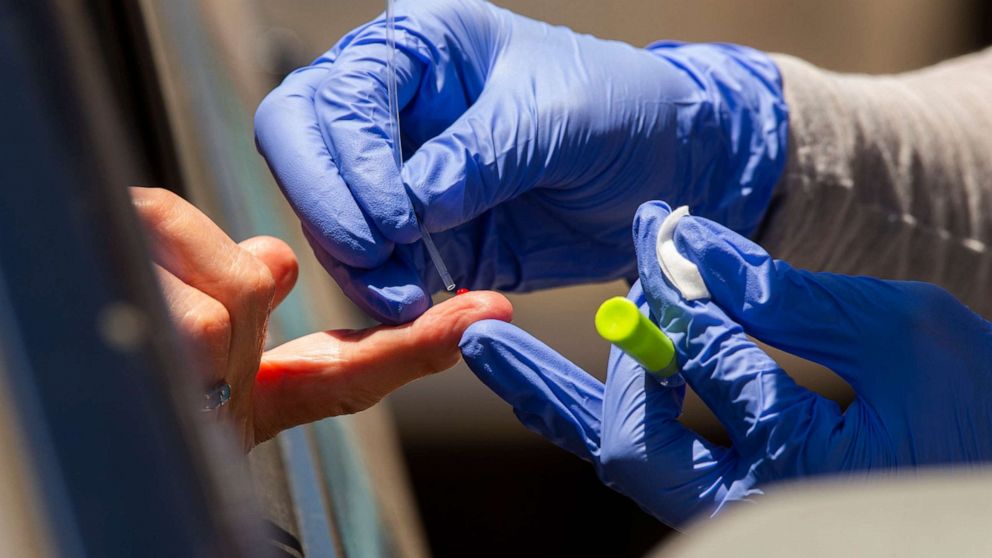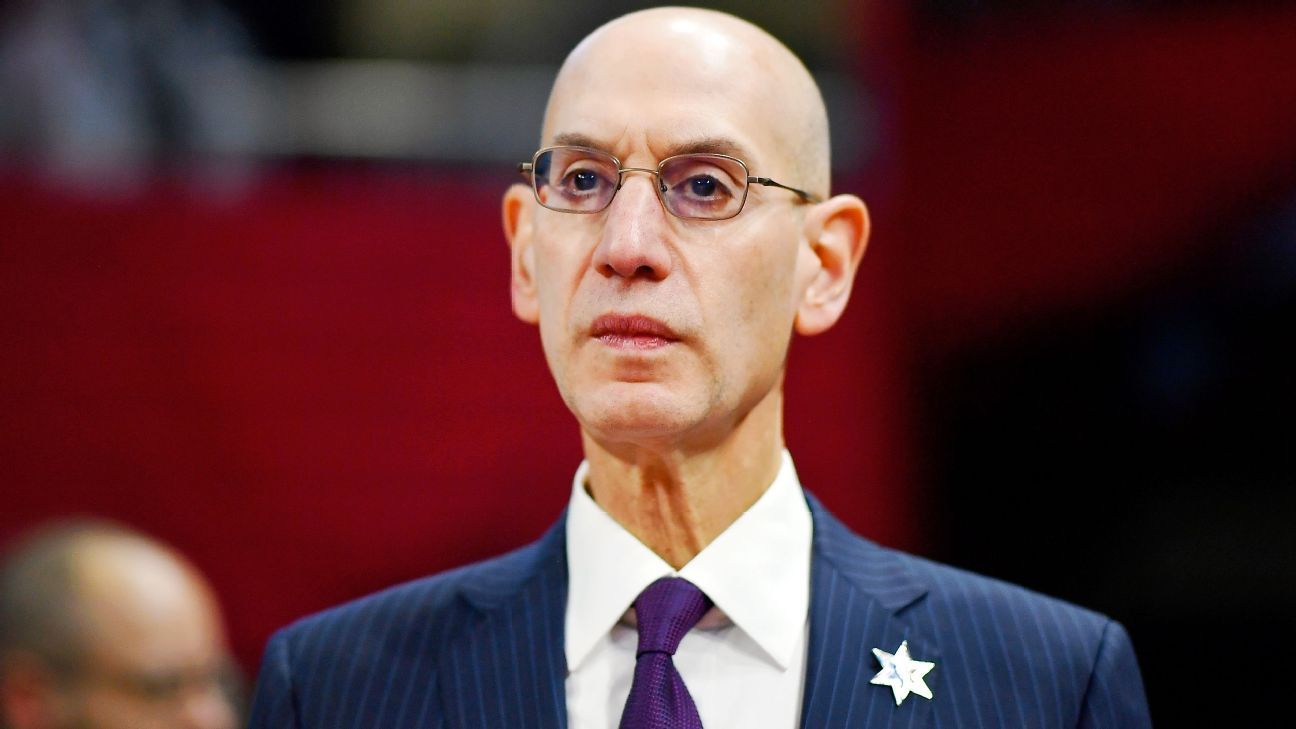Your statement about the antibody testing is not true. Go to the FDA site and look at the documentation for the tests. Here is one example
https://www.fda.gov/media/137367/download. You will find "endemic human coronavirus" in the list of tests for cross reactivity. I don't know how many times it must be stated that people should look to the sources to find facts and not go with what somebody posts on twitter. The documentation for every single approved antibody or diagnostic test is out in the open on the FDA website for anybody to look at that wants to.
Ummm...ok? Perhaps you should read more news than Twitter yourself. Even reading the entirety of an article you quote should help. Here are three quotes from the document you referenced in your post:
"A positive result may not indicate previous SARS-CoV-2 infection."
"Negative results do not preclude SARS-CoV-2 infection and should not be used as the sole basis for patient management decisions."
"False positive results for IgM and IgG antibodies may occur due to cross-reactivity from pre-existing antibodies or other possible causes."
That last one alone shows that what I said is accurate. There have been numerous issues with the antibody tests. I gave one example: Tests that are not sensitive enough to recognize only SARS-CoV-2, but recognized any similar coronavirus antibodies. Others are false positives that come from poorly manufactured tests, so much so that a saline solution substituted for a blood sample will still result in a positive diagnosis. Other tests are rated well, but
the best tests are still only in the high 90 percentile of accuracy. With a large number on the market that have F ratings and many more than have not even been rated, there will be a lot of people getting incorrect information about whether they have had Covid-19 or not.
Here's the latest information on the unreliability of the tests:
A number of commercially available COVID-19 antibody tests did not pass Mayo Clinic quality screening or meet their expectations for use, researchers said.

abcnews.go.com
Here are some good quotes:
"...four out of nine of those rapid antibody tests examined failed the Mayo Clinic’s testing process for various reasons, including low accuracy and physical problems with the actual tests."
"Theel’s team found that one laboratory test came back with a false positive rate of 17% -- meaning that 17 out of 100 people tested, who were never infected, would be falsely told they had antibodies."
"Experts say a key metric for testing is something epidemiologists called "specificity" -- meaning how well a test identifies who does not have the novel coronavirus. While Theel said that no test is perfect, she said her team looks for tests with a specificity in the upper 90 percentile."
"'There’s a real
pressure on manufacturers to bring these to market as quickly as they can, which means they
don’t have the same opportunity to vet these things in their own manufacturing processes before they bring them out and make them available to the public,' Dr. William Morice, professor of laboratory medicine and pathology at Mayo Clinic, told ABC News. 'And
they’re a business. You have to look at this as a business, and
there’s a business pressure to get these tests out as quickly as possible.'"
"'We need to find out which [tests] are good,' Grys said."
"There are
currently only 12 antibody tests in the U.S. that have received FDA EUA status, including the
four that received the A plus rating in the Mayo Clinic review. But,
as of Wednesday, there were over 200 antibody tests available on the market that had either not sought or received such authorization."
So, your definition of the FDA as a source of good information on which antibody tests to procure for oneself is unreliable at best. An "A" rated test still can have a 5% false positive/negative testing range. Only 33% of FDA approved tests are that accurate. The rest are providing 6%-17% or higher false readings, misleading those who take them to believe they had the virus or didn't have the virus when the opposite was true.
Additional research (again, try to avoid Twitter for factual information) will help you find that the antibody test does not tell you anything about the probability of reinfection or the length of immunity if you do test positive. Those are the important issues that one needs to know more than the curiosity factor of whether one has had it or not.
We are much further away from having confidence in a WDW opening than one thinks. We just heard of a family member of our good friends who contracted the disease yesterday in Florida. They had been staying at home for the most part, however they had to go get a procedure done the other day. Before the procedure they were tested and it came back negative and were cleared for the procedure. A few days after the procedure they felt sick and ended up testing positive. It was only when they ventured into a place with other people that they contracted the virus. Despite all the time that had gone by in isolation they still were just as vulnerable.
WDW is not going to be immune from being a spreader. If testing at doctor's offices/hospitals can't keep the virus from spreading to patients, the lower standards of prevention currently proposed for WDW won't prevent it from spreading there either.



